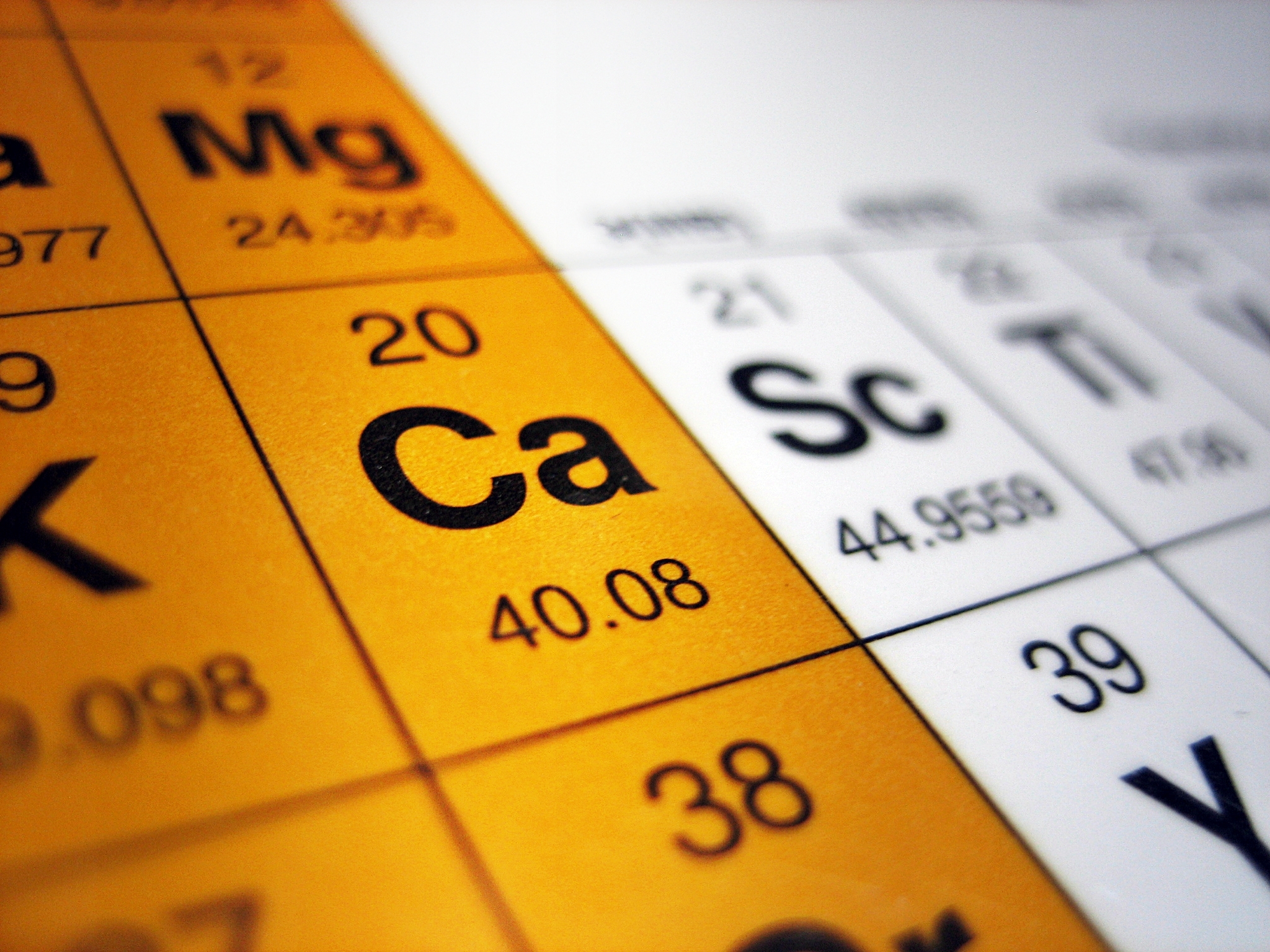- Joined
- May 13, 2017
- Messages
- 2,454
- Reaction score
- 1,280
Not necessarily. People do as described, dosing full saturation. Which the 6 tbs to 5 gal would be, with a little precipitation of excessive kalk.You need to keep the kalk in suspension. You are dosing a sort of slurry in that method.
Slurry would be adding more kalk then will desolve into that 5gal, then keeping it in suspension while dosing it.
I do the slurry dosing, but on a continuous 24hr dose schedule.





















